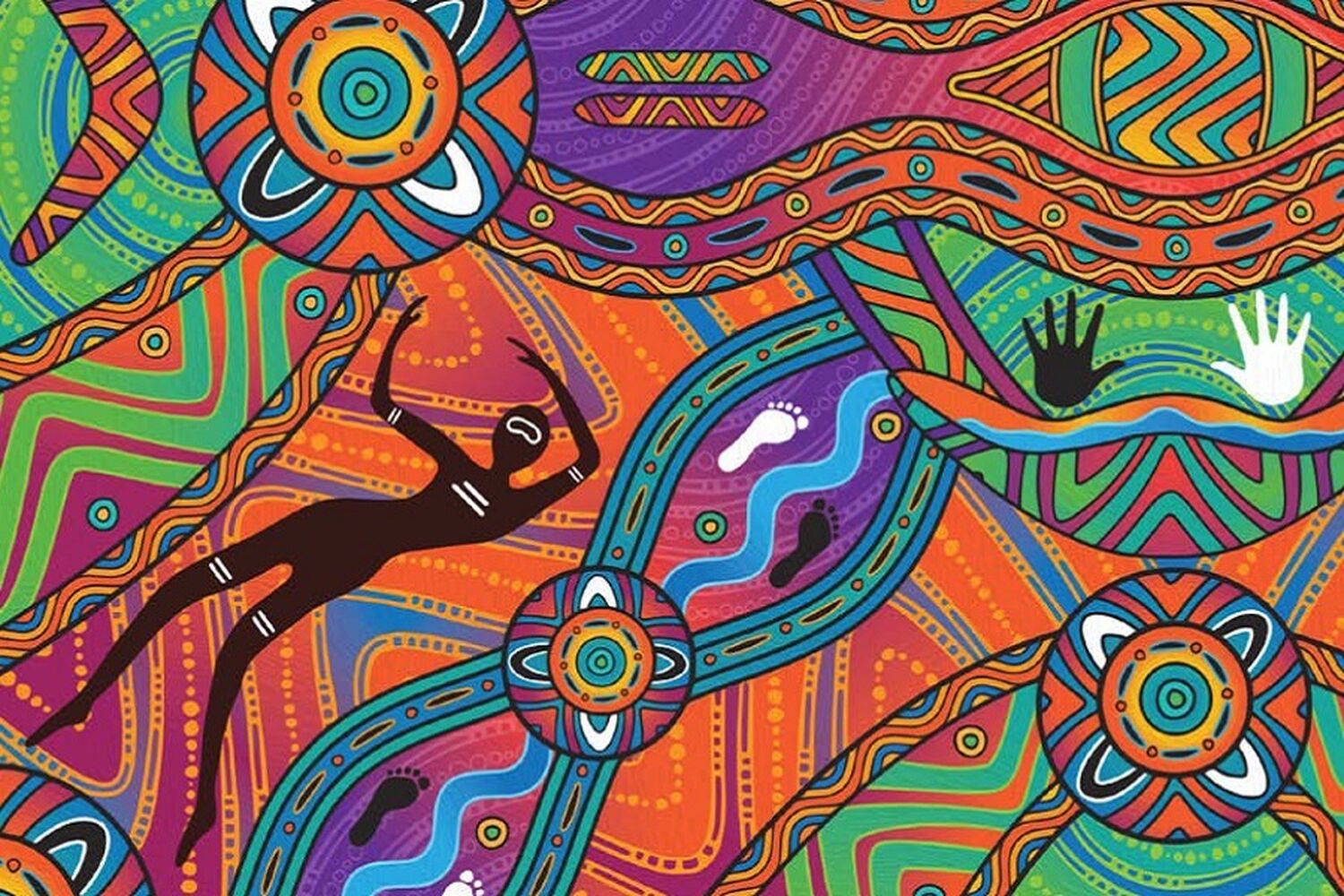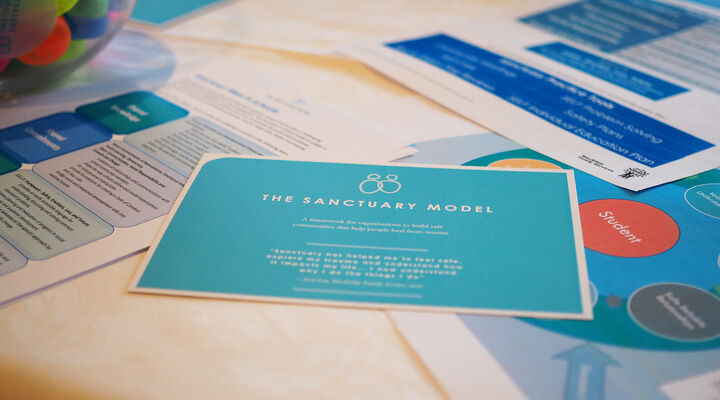Over the past two years, MacKillop Family Services has embarked on a journey of deep listening and genuine consultation to hear the stories of the Aboriginal and Torres Strait Islander communities we work with in New South Wales, Victoria and Western Australia.
This process of consultation and truth-telling underpins the practical actions MacKillop is committing to in its first Reconciliation Action Plan (RAP).
Informing policy and culture, the RAP will strengthen MacKillop’s capacity to be culturally safe and welcoming to all Aboriginal and Torres Strait Islander children, families and communities.
As a leading provider of services for children, young people and their families, MacKillop understands the best outcomes for Aboriginal and Torres Strait Islander children are achieved when they grow up in the care of Aboriginal and Torres Strait Islander families, communities and cultures. The RAP will help us work together to strive to create these connections for the children, families and communities we work with.
Esmai Manahan, MacKillop’s National Director for Aboriginal & Torres Strait Islander Service Development, says widespread consultation with staff and communities has provided the foundations of the RAP.
“MacKillop has undertaken extensive consultation that has been transparent and authentic. Communities in the areas we work welcomed us and understood why we needed to hear their experience. Deep listening and meaningful truth telling underpin MacKillop’s RAP which will help us ensure all Aboriginal and Torres Strait Islander people will feel respected and connected when they engage with MacKillop.
“MacKillop staff were also closely involved and their input was a valuable contribution in identifying key actions during the consultation process.
“Many of the actions identified during our RAP consultations are already being actioned. We currently offer training to our non-Indigenous foster carers to support them to be culturally informed and culturally safe when caring for Aboriginal and Torres Strait Islander children. We have further work to do to help understand the importance of self-determination, identity, family, culture and community, but the RAP gives us the foundations to build on this and support all our carers to be culturally safe,” Esmai added.
As General Manager Aboriginal & Torres Strait Islander Service Development, Esmai works closely with the MacKillop operational teams to support Aboriginal child placement deliverables and cultural safe practices.
“Enhancing the cultural safety of the foster care program is one of our key goals. Part of my role is consulting and offering cultural support to our non-Indigenous carers. I have also been working with the foster care recruitment team to see where we can remove barriers to facilitate kinship care as we understand the best outcomes for Aboriginal and Torres Strait Islander children is to grow up in their communities and cultures. But where that is not possible, it is very important to provide kids who are not with their own communities the opportunity to maintain and develop those connections with their community and culture. MacKillop is also aware of the need to support the community in looking after the welfare of Aboriginal and Torres Strait Islander children and my role is an important resource in providing support to Aboriginal carers who have taken on kinship care.
“The RAP is a journey that we have started out on, but there’s still a way to go and the RAP helps us ensure that the voice of the Aboriginal and Torres Strait Islander community will help us navigate in the right direction,” said Esmai.
All MacKillop Family Services sites will display Acknowledgement Plaques and Aboriginal artworks have been commissioned for each state that we work in. MacKillop is also looking to increase the procurement of Aboriginal community businesses. We are working to develop relationships with community organisations and the RAP will strengthen the ongoing commitment of MacKillop staff to build partnerships with the Aboriginal community.





